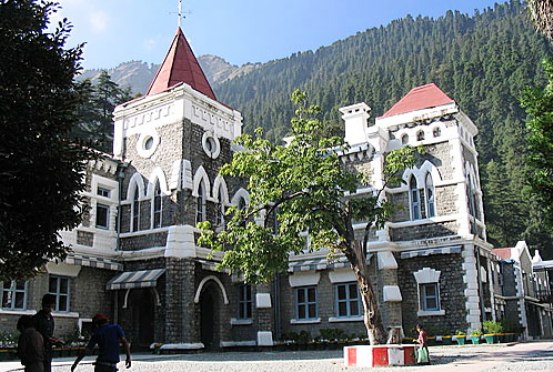Tanvi Sinha
The Uttarakhand High Court dismisses petitions filed by various companies against the water tax levied by the Uttarakhand state government upholding the state’s move.
The issue started in 1981, when the Uttar Pradesh government had plans of developing a Srinagar Hydro Electric Project in 1981 with a stated capacity of 330 MW that they were going to accomplish by borrowing funds from the World Bank.
When the delay in undertaking the project got too much, the World Bank withdrew the funding, and the state sold the project to private entities. These private parties kept failing to reach the goal and the project was passed from corporation to corporation.
Ultimately, after the project came under the Uttarakhand Government at its creation in 2000, the AHPCL or the Alaknanda Hydro Power Company Limited came to an agreement with the state where they decided 12% of power to be supplied by AHPCL to the government as an exchange for using the Alaknanda River for this.
In 2012 however, the state enacted the Uttarakhand Water Tax on Electricity Generation Act where it imposed 2 to 10 pence per unit water tax on hydropower companies as per the wiring limit, which was challenged by AHPCL in a petition.
The petition stated that the RIA in Clause 1.65 declared that in their Water Usage Agreement it was decided that the government would grant rights to the company, free of cost to utilize the water of Alaknanda River for generating electrical energy, and hence the water tax violated this agreement.
However, the counsel for the state has mentioned that the tax spoken of in the impugned act does not apply to the matter mentioned in the agreement. The state said that the nature and character of the tax could only be seen by reading the law as a whole.
The court agreed with this and stated that the petitioners claim of the tax being on electricity generation is wholly incorrect as the matter of the tax states only on drawing of water, and if it were to be about the former, it would mention the tax being levied on “units of electricity generated” and not “paise per cubic meter of water drawn”.
Earlier in 2016, the court had stayed the Act.

